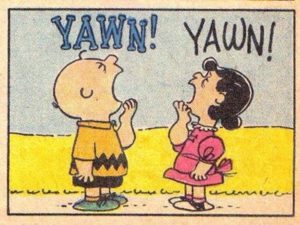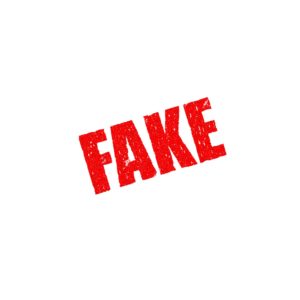Poor newbie writers. Everywhere they turn, someone’s telling them how to be successful. Go indie! Publish traditionally! The advocates of each path offer mind-numbing statistics to prove their points. It’s as frantic as those middle-of-the-night infomercials for exercise machines that will trim belly fat in only ten minute sessions, three times a week.
Of course, these machines are modeled for you by men and women with killer abs and minimal body fat. You and I will never look like that unless we give everything up and hire live-in trainers. And even then, as the coach said in Chariots of Fire, “You can’t put in what God left out.”
I’ve lost my patience with super-successful indie or traditionally-published authors telling the world to publish and promote your books the way they did because look how great things turned out for them. Each side reports the benefits of what they’ve done with certainty and conviction, and of course they’re either best-selling authors on the newspaper lists or best-selling authors on Amazon. Or both.
First-time authors sometimes publish big with a New York press, and sometimes they make it big going indie (and possibly go bigger switching to legacy publishing). It’s all a crap shoot.
Most authors will never reach the heights of these newly-minted experts, and not through any fault of their own. It doesn’t matter how hard you work, how good your book is, luck and timing are key ingredients that can’t be corralled. Books have their own karma. The right book at the right time published in the right way booms. We have no control over how our books succeed or fail, but we can control how good they are before they reach readers.
But nobody can predict it’s going to happen. And the authors who share their glorious experiences need to realize that though they may want to inspire and enlighten wannabes, at some level, they just make the rest of us drool or wish we’d listened to our parents and gone into something less unpredictable like Accounting.
The author of 25 books in many genres, Lev Raphael has taken his twenty years of university teaching online to offer unique, one-month creative writing workshops at writewithoutborders.com.


